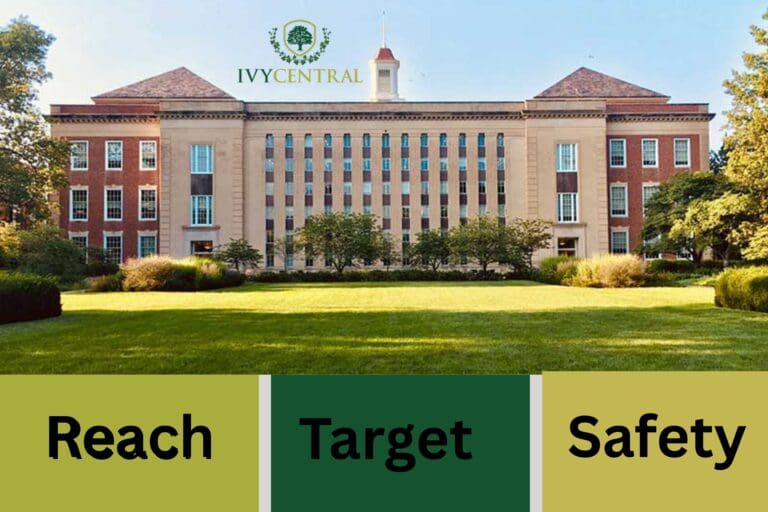Do I need to take an English Language test?
As an international student, there are so many different steps you’ll need to understand and navigate when applying to colleges and universities in the United States or the United Kingdom; one question Ivy Central are frequently asked is, ‘Do I need to take an English language test?’. The answer to this question is not quite as straightforward as it might appear, the US and UK have different requirements, as do individual colleges, particularly in the US, but even if a specific college does not require one, it may still be advisable to take one anyway.
Colleges and universities will look for an international student’s ability to study in English as part of their admissions process. All courses will be taught in English, so it makes sense that anybody they accept will need to understand what they are being taught. The two most common tests used to assess non-native students’ English language ability are the International English Language Testing System (TOEFL) and the International English Language Testing System (IELTS). TOEFL is most common in the US, while IELTS is more commonly used in the UK. However, both tests are accepted by colleges and universities in both countries. More recently, colleges have also started to accept the Duolingo English Test.
If you are applying to the US, there are a few situations in which non-native speakers of English don’t need to take an English language test. If all of your high school education was conducted exclusively in English, you will often be exempt from the test requirement. The UK Visa and Immigration Authority sets the minimum English language requirement for the UK, but each university sets a requirement for each English degree which is usually found in the entry requirements on the degree website.
In both the US and UK, some institutions will accept students who have not been taught in English without an English language test score, but the acceptance is usually conditional upon the student demonstrating their proficiency before starting their studies. It may also be waived if you enroll in an English immersion course.
Read More: Parents Guide to Choose Major
When the college of your choice has accepted you, the next step will be to apply for a student visa, sometimes called an F1 Visa in the US or a Student Visa in the UK; in both cases, when you apply for a visa, you will need to show that you have met the English language requirement.
To help with this, your college will issue you a document to include with your visa application. In the US, this is a SEVIS I-20 form, while in the UK, it is called a Confirmation of Acceptance for Studies. Both documents inform the visa office that you have a genuine offer from an approved institution. These documents are supposed to be a prima facie assurance from the institution that a student is believed to have a good chance of graduating, which includes the student’s ability to communicate in English. Not all institutions are equally reliable in their assessments though, which can put a question in the officer’s mind. For this reason, we always advise students to take an English language test even if they have been taught exclusively in English.







